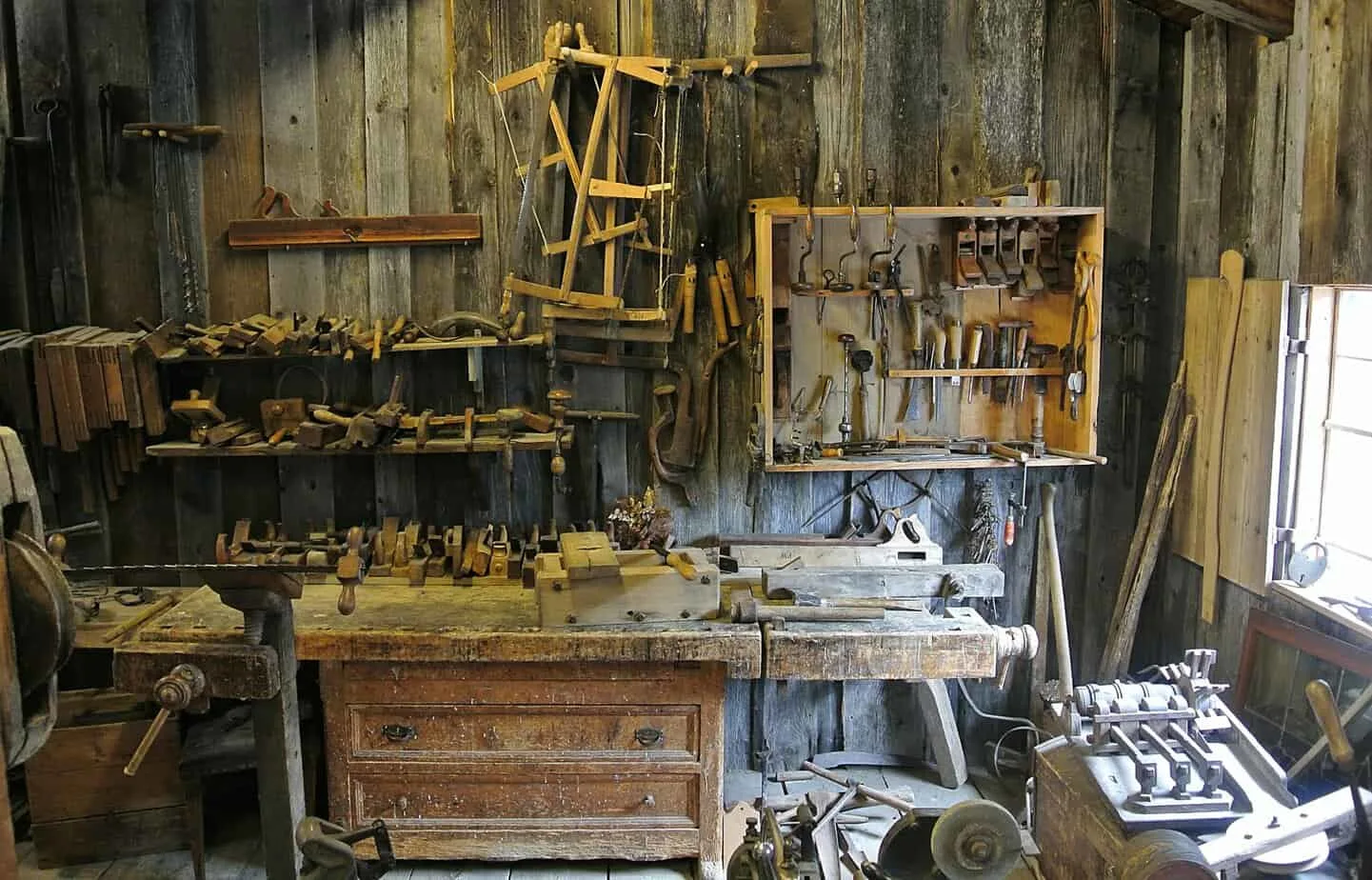My list of the top 100 Irish poems is getting shorter every week. Every week I publish a brief analysis of a random poem from this top 100 Irish poems list. This week I picked number 37 from the Irish poet Derek Mahon.
Who is Derek Mahon?
Derek Mahon was born in Belfast in 1941 and graduated from Trinity College Dublin and at Paris’ Sorbonne. He resided in London for many years, functioning as a critic, television adapter of literary works for British television, and poetry editor of the Nation. More recently, he has settled in Dublin and Kinsale. He is considered among the most proficient and influential of contemporary Irish writers.
What is the poem A Disused Shed in Co Wexford about?

At first glance, you would think it is something about a shed or a memory shared from a place where the poem lived. But the poem is more about the struggle people around the world have suffered from injustice, abandonment, catastrophe and other events.
Derek, who was also a journalist, wrote this poem right after Bloody Sunday. He refers in the poem to ‘drowned migrants’, which he compares to people reaching for hope. In the last stanza Mahon speaks up to almost a calling to all those who labour for more and strive to be free of injustice. So yes, not just a poem about a shed in Co Wexford.
So let’s get to this Irish poem.
A Disused Shed in Co. Wexford
BY DEREK MAHON
Even now there are places where a thought might grow —Peruvian mines, worked out and abandonedTo a slow clock of condensation,An echo trapped for ever, and a flutterOf wildflowers in the lift-shaft,Indian compounds where the wind dancesAnd a door bangs with diminished confidence,Lime crevices behind rippling rain barrels,Dog corners for bone burials;And in a disused shed in Co. Wexford,Deep in the grounds of a burnt-out hotel,Among the bathtubs and the washbasinsA thousand mushrooms crowd to a keyhole.This is the one star in their firmamentOr frames a star within a star.What should they do there but desire?So many days beyond the rhododendronsWith the world waltzing in its bowl of cloud,They have learnt patience and silenceListening to the rooks querulous in the high wood.They have been waiting for us in a foetorOf vegetable sweat since civil war days,Since the gravel-crunching, interminable departureOf the expropriated mycologist.He never came back, and light since thenIs a keyhole rusting gently after rain.Spiders have spun, flies dusted to mildewAnd once a day, perhaps, they have heard something —A trickle of masonry, a shout from the blueOr a lorry changing gear at the end of the lane.There have been deaths, the pale flesh flakingInto the earth that nourished it;And nightmares, born of these and the grimDominion of stale air and rank moisture.Those nearest the door grow strong —‘Elbow room! Elbow room!’The rest, dim in a twilight of crumblingUtensils and broken pitchers, groaningFor their deliverance, have been so longExpectant that there is left only the posture.A half century, without visitors, in the dark —Poor preparation for the cracking lockAnd creak of hinges; magi, moonmen,Powdery prisoners of the old regime,Web-throated, stalked like triffids, racked by droughtAnd insomnia, only the ghost of a screamAt the flash-bulb firing-squad we wake them withShows there is life yet in their feverish forms.Grown beyond nature now, soft food for worms,They lift frail heads in gravity and good faith.They are begging us, you see, in their wordless way,To do something, to speak on their behalfOr at least not to close the door again.Lost people of Treblinka and Pompeii!‘Save us, save us,’ they seem to say,‘Let the god not abandon usWho have come so far in darkness and in pain.We too had our lives to live.You with your light meter and relaxed itinerary,Let not our naive labours have been in vain!’
